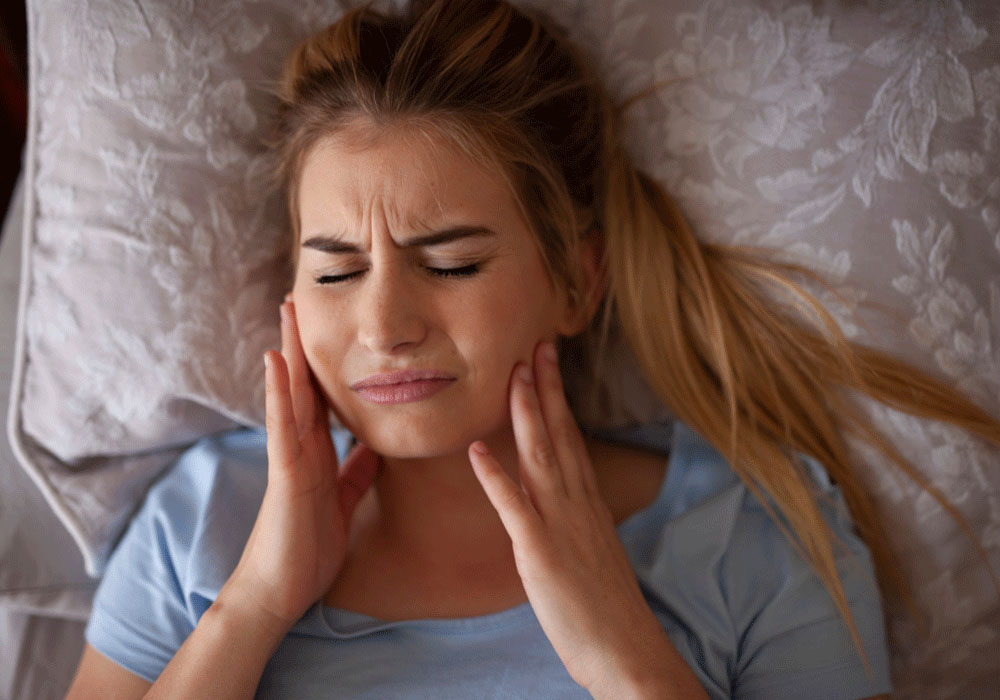TMJ Disorders
TMJ disorder affects the temporomandibular joint, causing jaw pain. At Galleria Dental, our TMJ dentist can diagnose and provide effective TMJ treatment to alleviate your discomfort.
TMJ Disorder/TMD Treatment in Charlotte, NC
The temporomandibular joint (TMJ) is the hinge connecting your jaw to your skull, located just below your ears. TMJ disorder results in jaw pain and tenderness, particularly when chewing. Although pinpointing the exact cause of TMJ disorder can be challenging, common factors include displaced discs between the bones, arthritis in the jaw or trauma to the head.
You might be more susceptible to TMJ disorder if you grind your teeth or have a family history of TMJ problems. Regardless of the cause, at Galleria Dental, we are committed to finding a treatment plan that alleviates your jaw pain.

-
What are the symptoms of TMJ disorder?
While you can’t diagnose TMJ disorder on your own, you can look for certain symptoms. Common symptoms of TMJ disorder include:
- Achy facial pain
- Ear pain
- Headaches
- Jaw pain or tenderness
- A locked jaw that gets stuck open or closed
- Pain while chewing
-
What treatments do dentists offer for TMJ disorder?
We generally recommend starting with over-the-counter pain relievers like acetaminophen (Tylenol) or ibuprofen (Advil) for minor pain or inflammation. Additional pain relief methods include:
- Applying cold or hot packs to the affected area
- Avoiding foods that require excessive jaw muscle effort
- Doing physical therapy
- Getting acupuncture
- Trying massage
- Using meditation or relaxation techniques
Dr. Pollack might also prescribe antidepressants to help with teeth grinding and sleep, or muscle relaxants. Oral appliances such as mouthguards and night guards, available at Galleria Dental, can protect your teeth from grinding (bruxism) and alleviate TMJ symptoms.
-
How effective are dental treatments for TMJ disorder, and what kind of relief can I expect?
Dental treatments for TMJ disorder can be very effective in reducing pain and improving function. Over-the-counter medications and physical therapy can offer significant relief for many patients. Oral appliances, such as night guards, can prevent teeth grinding and alleviate pressure on the TMJ.
For more severe cases, prescription medications or surgical interventions may be necessary. Most patients experience substantial relief from symptoms with appropriate treatment, although the time frame for improvement can vary based on the individual and the severity of the disorder.
More Questions?
If you have any questions about TMJ disorder treatment or want to set up a consultation—contact us today.

